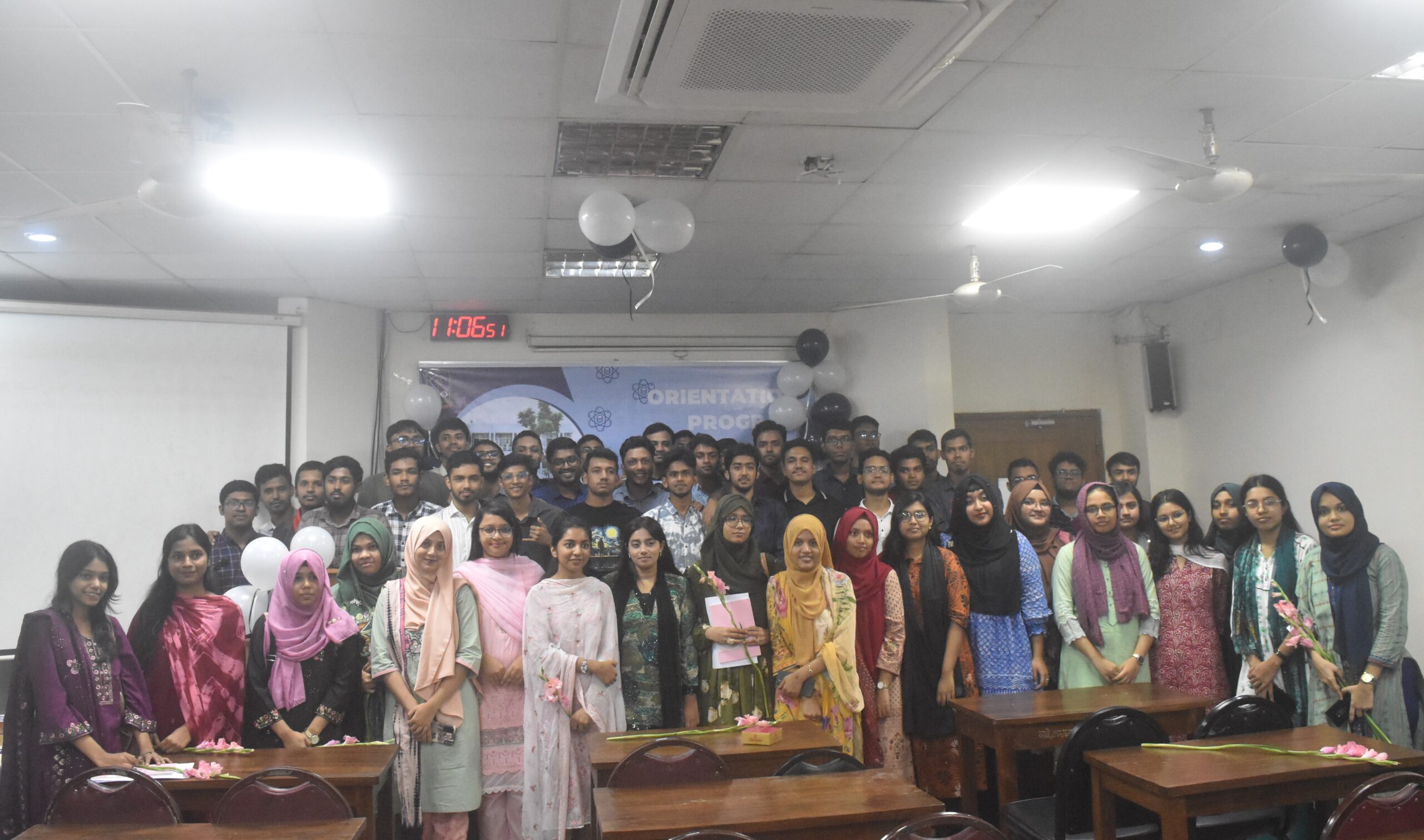Seminar on Wednesday, January 14, 2015
Gradients in Spatial Response Surfaces January 13, 2015 - 5:18pm Full Title: Gradients in Spatial Response Surfaces with Application to Land-Value Data Speaker: Anandamayee Majumdar, PhD Center for Advanced Statistics and Econometrics, Soochow University, China Date/Time: Wednesday, January 14, 2015, 3:00pm Venue: ISRT Seminar Room ABSTRACT For point-referenced spatial data, we often create explanatory models
Seminar on Wednesday, January 28, 2015
An Introduction to Data Cloning Method January 24, 2015 - 5:23pm Full Title: An Introduction to Data Cloning Method Speaker: Mohammad Kaviul Anam Khan, MSc School of Public Health, University of Alberta, Canada Date/Time: Wednesday, January 28, 2015, 3:30pm Venue: ISRT Seminar Room ABSTRACT In the fields of epidemiology, ecology and medical science often we
Seminar on Sunday, February 8, 2015
Are Overweight Children More Likely to Underestimate February 2, 2015 - 8:01am Full Title: Are Overweight Children More Likely to Underestimate Their Weight Status: a Novel Approach to Quantify Weight Status Misperception Speaker: Mohammad Kaviul Anam Khan, MSc School of Public Health, University of Alberta, Canada Date/Time: Sunday, February 8, 2015, 2:30pm Venue: ISRT Seminar Room
Seminar on Thursday, February 19, 2015
Financial Development and Armed Conflict February 16, 2015 - 9:00am Full Title: Financial Development and Armed Conflict: A Cross-country Analysis Speaker: Md Rashel Hasan, MSc Chief Economist's Unit, Bangladesh Bank Date/Time: Thursday, February 19, 2015, 3:30pm Venue: ISRT Seminar Room ABSTRACT In this paper we have examined how armed conflict is associated with financial development
Seminar on Wednesday, March 4, 2015
Systematic Literature Reviews and Meta-analyses March 4, 2015 - 9:05am Full Title: Systematic Literature Reviews and Meta-analyses Speaker: Olav Muurlink, PhD Central Queensland University, Australia Date/Time: Wednesday, March 4, 2015, 3:30pm Venue: ISRT Seminar Room ABSTRACT The literature review lies at the core of designing good studies. It enables the researcher to understand where the
Seminar on Wednesday, May 13, 2015
SamP2CeT: An interactive computer program May 16, 2015 - 11:01pm Full Title: SamP2CeT: An interactive computer program for sample size and power calculation for two-level cost-effectiveness trials Speaker: Md. Abu Manju, PhD Department of Methodology and Statistics CAPHRI School for Public Health and Primary Care Maastricht University, Maastricht, The Netherlands Date/Time: Wednesday, May 13, 2015, 3:30pm
Seminar on Wednesday, May 20, 2015
Determination of Sample Size for Phase II Clinical Trials May 22, 2015 - 8:32pm Full Title: Determination of Sample Size for Phase II Clinical Trials in Multiple Sclerosis using Lesional Recovery as an Outcome Measure Speaker: Md Mahsin, MSc Institute of Statistical Research and Training (ISRT) University of Dhaka, Bangladesh Date/Time: Wednesday, May 20, 2015, 3:30pm
Seminar on Thursday, May 28, 2015
Generational transmission of cardiovascular risks May 29, 2015 - 7:54am Full Title: Generational transmission of cardiovascular risks: methodological challenges Speaker: Abdullah Al Mamun, PhD University of Queensland Australia Date/Time: Thursday, May 28, 2015, 3:00pm Venue: ISRT Seminar Room ABSTRACT TBA
Seminar on Tuesday, August 11, 2015
Survival Analysis and Phylogenetics in Infectious Disease Epidemiology August 11, 2015 - 2:35pm Full Title: Survival Analysis and Phylogenetics in Infectious Disease Epidemiology Speaker: Eben Kenah Assistant Professor of Biostatistics at the University of Florida Date/Time: Tuesday, August 11, 2015, 3:30pm – 4:30pm Venue: Seminar Room, Institute of Statistical Research & Training (3rd floor), University of
Seminar on Tuesday, January 5, 2016
A Multistage Model for Prediction of Sequence of Events January 5, 2016 - 6:16am Full Title: A Multistage Model for Prediction of Sequence of Events Speaker: Rafiqul I Chowdhury, MSc PhD candidate, ISRT, University of Dhaka Date/Time: Tuesday, January 5, 2016, 3:30pm Venue: ISRT Seminar Room ABSTRACT Multi-state models are most commonly used class of






